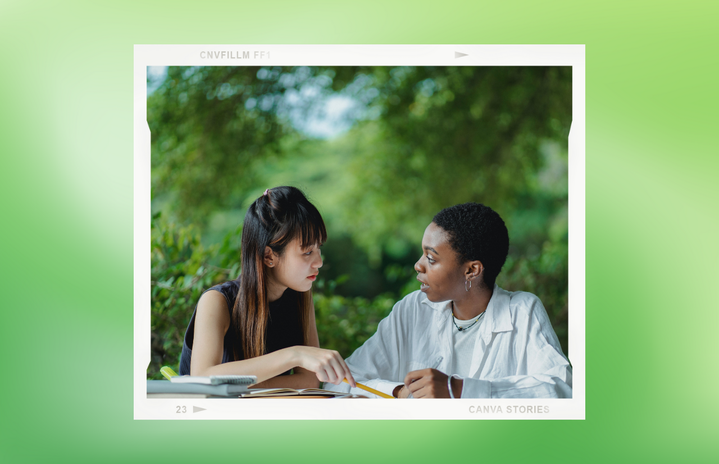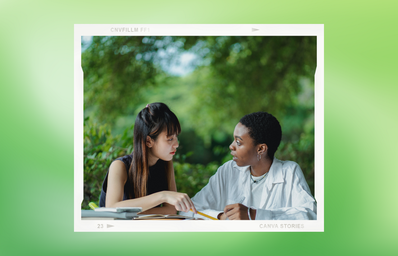If you’re like me, you’ve been getting videos recommended about “third spaces.” Following the online uproar surrounding the “Sephora kids” and “Stanley Cup craze,” many were spurred to self-reflect. Though I may not be waiting outside a Target at 4 am for a lead-filled metal cup or being a mean little brat to a Sephora employee, am I complicit in this?
Consumerism is intrinsically tied to our existence. Individuality has been commodified to equate to aesthetics that you must purchase x, y, and z to accomplish. Yet, to blend in, you must also buy. The item of the moment seems to be a Stanley cup—not the hockey one—and not an off-brand one, it must be a Stanley branded cup because otherwise you will be ostracized. Kids have spoken online about getting bullied for not having a Stanley cup, kids have cried because they got that coveted cup for Christmas, and the rest of the world watched in confusion. After all, it’s just a cup. People have broken boycotts and gone to jail… for a cup?
This is also related to the aforementioned epidemic of the “Sephora kids.” After school becomes the witching hour for the poor Sephora employees who are forced to deal with demanding, rude kids with access to their parent’s credit cards. Most of these children are there for items recommended by their favorite content creators or influencers and purchase them without a second thought. To fit in, to be “cool,” you need that serum with retinol in it, although you are literally 12 years old and could be causing long-term damage to your skin.
Why are people doing this? It has to be more than just “fitting in” or liking the aesthetic of something, right? I say–along with many others–it has to do with much more, but one thing is the lack of something called a “third place.”
A “third place” is hard to define, but, most importantly, it is a place that people have easy access to that does not involve money to enjoy. For example, a park or a library. Sometimes places like bars can be argued in the conversation—despite costing money—since a “third place” is a place you can go to socialize, but there’s a bit of a divide here in the discussion surrounding the “Sephora kids.” Kids can’t go to many places since they can’t drive and rely almost entirely on their parents, but also the world is a scary place so I understand the apprehension to “go forth” and explore, especially when there aren’t a lot of options to explore. Libraries are shutting down and parks can be so spread out that it takes an unjustifiable amount of time and gas to get there. (Oh, if only we lived in 15-minute cities and had that high-speed railway system…) So where do kids go given their abundance and proximity? Malls. What do you do at malls? You spend money. What do you spend money on? What you have been told to by your favorite influencers and your peers.
There is not an easy solution to all this. Creating “third places” for all generations will take time and money. Their existence will not mean suddenly every one has no interest in trends or unimportant little doodads that will only take up space in your cupboard once the craze dies down. But the action of taking a step back and realizing how you don’t need to spend money to meet or hang out with people is a good place to start. Realizing how we can live outside of what is pushed via social media is how we grow and learn, but you are still allowed to have a chat over boba or coffee with a friend from a cool local spot.


